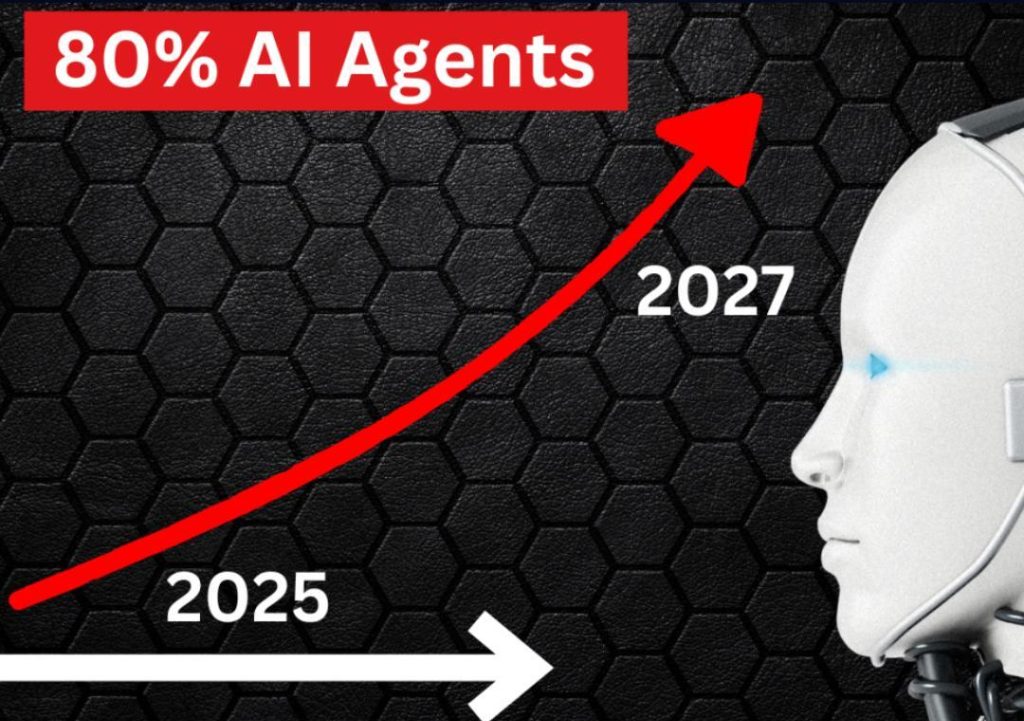
80% of Analysts’ Time Can be Automated Now
The role of an analyst has evolved significantly over the years. Gone are the days when analysts spent most of their time manually collecting and analyzing data. With the advent of technology, data analytics has become more sophisticated, and the need for manual intervention has reduced significantly. In fact, a recent study suggests that up to 80% of analysts’ time can be automated now. This is where Deep Data Copilot comes into play, revolutionizing the way marketers work with data.
Deep Data Copilot is India’s first AI-powered data analytics tool specifically designed for marketers. It automates up to 80% of analysts’ reporting tasks, freeing them to focus on high-impact creative strategy instead of wrangling multiple dashboards, fragmented data sources, and manual spreadsheet work.
The traditional approach to data analysis is time-consuming, labor-intensive, and often prone to errors. Analysts spend hours collecting data from multiple sources, cleaning and processing it, and then trying to make sense of it all. This not only wastes valuable time but also leads to inaccurate insights, which can have serious consequences for businesses.
Deep Data Copilot changes the game by using machine learning algorithms to interpret metrics, flag anomalies, and suggest next steps. This means that analysts can focus on high-level strategy, creative problem-solving, and decision-making, rather than getting bogged down in mundane tasks.
The benefits of automating 80% of analysts’ time are numerous. Firstly, it increases productivity and efficiency, allowing analysts to handle more complex and high-priority tasks. Secondly, it reduces the risk of human error, ensuring that data is accurate and reliable. Thirdly, it enables faster decision-making, as analysts can quickly identify trends, patterns, and anomalies, and take swift action.
But how does Deep Data Copilot achieve this level of automation? The answer lies in its advanced AI-powered capabilities. The tool uses natural language processing (NLP) to analyze large datasets, identify trends and patterns, and provide actionable insights. It can also integrate with multiple data sources, including Google Analytics, social media, and CRM systems, to provide a comprehensive view of business performance.
One of the key features of Deep Data Copilot is its ability to flag anomalies and suggest next steps. This means that analysts can quickly identify unusual patterns or changes in data and take corrective action before they become major issues. For example, if a marketing campaign is not performing as expected, the tool can alert analysts to the issue and suggest alternative strategies.
Another significant advantage of Deep Data Copilot is its ability to provide real-time insights. This means that analysts can monitor business performance in real-time, making it easier to respond to changing market conditions and customer behavior. For instance, if a competitor launches a new product, analysts can quickly analyze the impact on their own business and adjust their strategy accordingly.
GrowthJockey, the company behind Deep Data Copilot, has taken a significant step forward in revolutionizing data analytics for marketers. By automating up to 80% of analysts’ reporting tasks, the tool has the potential to transform the way businesses operate. With its advanced AI-powered capabilities, real-time insights, and ability to flag anomalies, Deep Data Copilot is set to change the game for marketers and analysts.
In conclusion, the traditional approach to data analysis is no longer sufficient in today’s fast-paced business environment. Deep Data Copilot offers a game-changing solution by automating up to 80% of analysts’ reporting tasks, freeing them to focus on high-impact creative strategy and decision-making. As businesses continue to navigate the complexities of data-driven decision-making, tools like Deep Data Copilot will play an increasingly important role in driving success.






